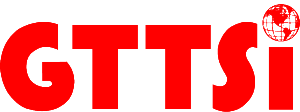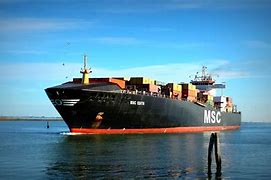NERC (North American Reliability Council) and our major interconnection electrical companies recently met to discuss some issues we are facing with connecting solar and wind power plants to the grid and operating them reliably.
The rapid deployment of these inverter-based resources, such as solar and wind, have exposed several shortcomings in the standards and processes that our electrical industry has relied upon for decades. The most prominent of these operational shortfalls occur during grid disturbances, which have increased in occurrence and magnitude since 2015.
The challenges surrounding inverter-based resources are not due to technology shortcomings, but rather the “shortcomings of processes and the lack of harmonized comprehensive standards.” This can be applied during the interconnection process and then throughout the project’s lifecycle.
“The lack of uniformity, clarity, consistency, enforcement, and detail in interconnection requirements and processes has led to unreliable operation of inverter-based resources that are connected to the bulk power system and the widespread abnormal performance of these resources during grid disturbances”. The rapid integration of bulk power system connected inverter-based resources ranks as the most significant grid transformation driver across North America.
A few years ago, when inverter-based resources made up a relatively small share of the generation mix, the approach was that those resources should generate energy during normal operation and then get out of the way during grid disturbances. This strategy is no longer acceptable under rapidly increasing penetrations of inverter-based resources on the North American grid. “It is imperative that these controls be configured in a way that supports grid reliability.”
Also intertwined with this control is cyber security. An increasing amount of generation is slipping through the cracks as they are not subject to NERC Critical Infrastructure Protection standards.
One specific area of concern is that Distributed Energy Resources are small-scale energy resources usually situated near sites of electricity use, such as rooftop solar panels and battery storage. Their rapid expansion is transforming not only the way electricity is generated, but also how it is traded, delivered, and consumed. The growing level of DERs and DER Aggregators in power or service markets are often connected directly to the internet and the grid, and as unregistered inverter-based resources they are not subject to the NERC CIP Standards.
Non-compliance is generally only identified after a major reportable event occurs rather than proactively through auditing and study practices. NERC said that the current interconnection process limits their ability to assure grid reliability to a date no earlier than the facility’s commercial in-service date. Therefore, requirements must be updated to ensure that the interconnection customer complies with performance and modeling requirements throughout the process, or else face explicit corrective actions.
We also have a lack of equipment standards. While IEEE 2800-2022 outlines minimum performance specifications based on inverter-based resource capabilities, the standard by itself is not sufficient to address ongoing reliability risks. We can no longer grandfather existing facilities but as a minimum require everyone to implement the IEEE standard to reduce systemic risks posed to grid reliability. No commissioning requirements currently exist within NERC’s reliability standards for newly interconnection resources, and a number of situations have arisen in which the facility as commissioned did not match the model that was used during the interconnection process. These discrepancies leave the system subject to unexpected or abnormal performance issues and have been illustrated numerous times in NERC disturbance reports. Requirements must be updated to ensure that the interconnection customer complies with performance and modeling requirements throughout the process, or else face explicit corrective actions.
As a result, NERC plans to strengthen its advocacy on this issue, particularly with state regulators and the National Association of Regulatory Utility Commissioners. NERC also submitted a work plan to FERC in a bid to more comprehensively address registration of inverter-based resources.
Let’s hope they act swiftly as the surge of solar and wind power plants continues and our grid reliability is vital to not only homes and businesses, but most importantly to our national security.




